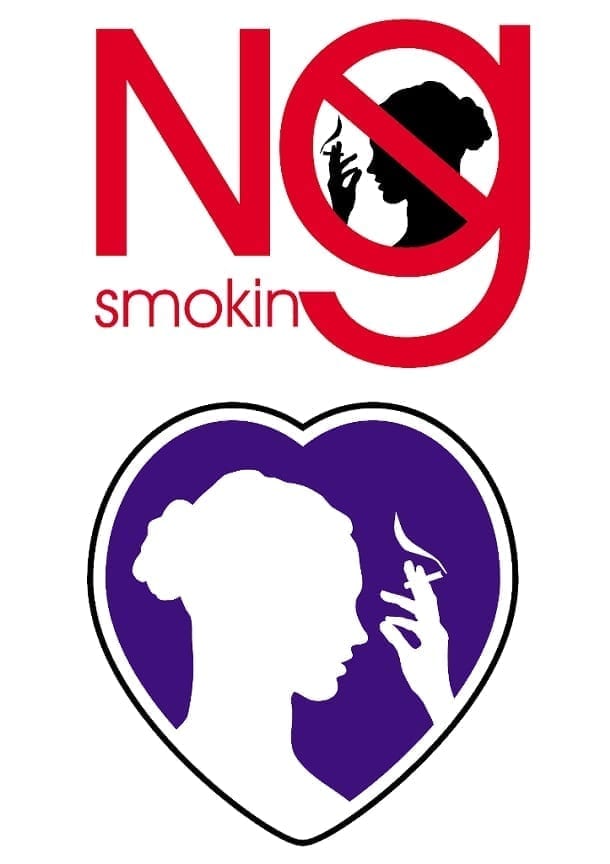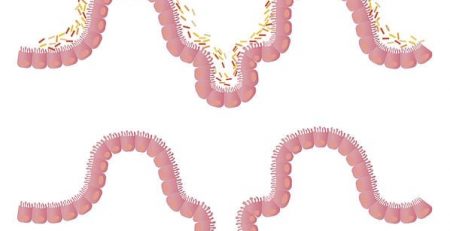Smoking during pregnancy can cause DNA alteration
The DNA of future babies from pregnant women could be altered by smoking. 10 genes were identified from about 900 babies that displayed a new established connection to maternal smoking. Smoking during pregnancy could trigger an overabundance of problems. Effects of this could possibly be premature birth, low birth weight, Sudden Infant Death Syndrome, and cleft lip or cleft palate, according to the Centers for Disease Control and Prevention. These problems could lead these children into adulthood. Environmental aspects such a smoking or diet alter DNA chemically by turning certain genes on or ow. One example of epigenetic modification is DNA methylation. This happens when s methyl group is added to certain DNA bases.
Christina Markunas from the National Institute of Environmental Health Sciences (NIEHS) led a team that pursued in a study about epigenome-wide association in order to research the alterations in DNA methylation in babies who were exposed “in utero” to tobacco smoke by their mothers. Hundreds of families of newborns with cleft lips or cleft palates participated in the Norway Facial Clefts study, in which the team then used the data. Researchers found DNA methylation in blood samples from 899 infants soon after birth. 287 mothers reported to smoke during the first trimester. This makes this the largest study on maternal smoking ever performed.
110 gene regions with altered methylation in infants of smokers were identified, and of those, 10 are newly proved and now placed in nicotine reliance and placental and embryonic growth. “If maternal smoking can alter the DNA methylation profile of newborns, other environmental exposures to chemicals, such as those found in the air, our homes and food, during pregnancy may also have epigenetic effects,” Markunas and study author Allen Wilcox also of NIEHS tell Science jointly. “We have only scratched the surface of how exposures during pregnancy might affect the baby.”














